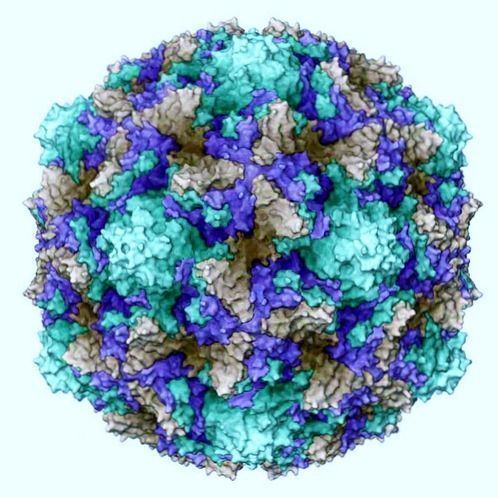Travel safe: outbreak of A71 enterovirus in Catalonia, Spain. Rapid risk assessment
The ECDC, the European agency responsible for health surveillance in the EU, has published a rapid risk assessment due to a localized outbreak of the associated neurological symptoms of enterovirus A71 (EV-A71) in Catalonia, Spain.Most EV infections, including EV-A71, result in asymptomatic infection. Most symptomatic EV-A71 infections manifest as a self-limiting hand, foot-and-mouth disease, and only a small percentage of patients develop serious, life-threatening consequences. The’current outbreak, as stated by the European body, is remarkable in terms of the magnitude and severity of symptoms of reported cases.The epidemic with neurological complications caused by enterovirus has been ongoing in Catalonia since mid-April 2016, affecting children up to ten years of age.
As of June 7, cases of enterovirus infection with neurological complications have been reported, most of which have evolved positively, but 22 of the patients remain in the hospital, including 7 in intensive care units. According to information received from regional authorities, there are no reported deaths related to this epidemic. Cases are widespread in Catalonia. There are no reported concurrent outbreaks of enterovirus in the other EU member states, and ECDC is not aware of any reports of other unusual enterovirus outbreaks in the EU. There is no evidence, therefore, to suggest that the epidemiological profile of EV-A71 in Europe is undergoing a change, either because of molecular evolutions of the virus, as well as because of an increasing risk of importation of new virus strains from outside the EU’s.
Complete characterization of the isolated Spanish outbreak and comparison of virus sequences from other countries and continents should contribute to a better understanding of the epidemiological variant of EV-A71 in Europe.
This outbreak of EV-A71 along with previously reported cases of EV-D68 reinforces the’need for vigilance for enterovirus infections presenting with the same symptoms. Pediatricians should be encouraged to pay attention to the detection of enterovirus and report all patients presenting with symptoms indicative of meningitis, encephalitis, or acute flaccid paralysis (AFP), as well as to hands and foot-and-mouth disease. As a general precaution, stresses Giovanni D’Agata, president of the “Sportello dei Diritti” reiterating the advice already provided by the ECDC, children who reside or will have to stay for vacation in Catalonia should avoid contact with symptomatically ill children and follow the strictest hygiene in personal contacts.
Most EV infections, including EV-A71, cause asymptomatic infections, as stated. Most symptomatic EV-A71 infections manifest with self-limiting hand signals, foot-and-mouth disease, and only a small percentage of patients develop serious, life-threatening consequences.



